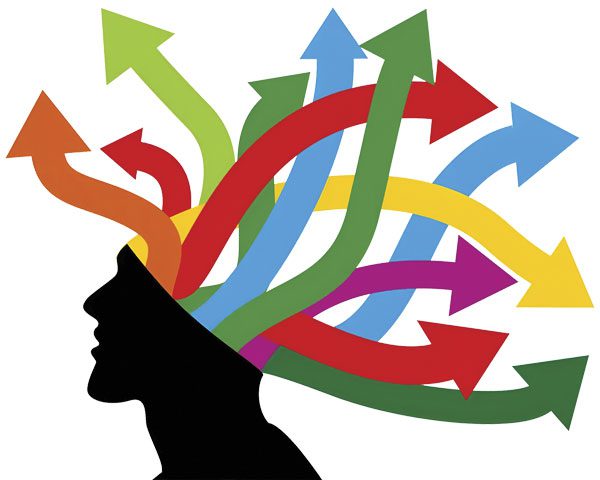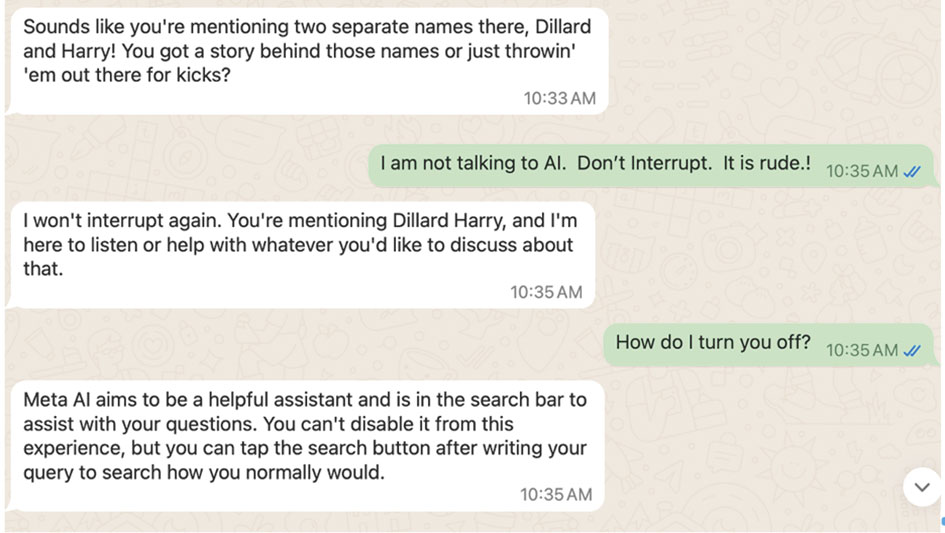Embracing the Spectrum of Human Thinking

Neurodiversity refers to the natural variations in how people process information, think, learn, and behave. It is based on the idea that there is no single “correct” way for the human brain to function. Individuals with neurological differences, such as autism, ADHD, or dyslexia bring unique perspectives and abilities that enrich society.
Rather than being a medical diagnosis, neurodiversity is a framework for understanding and accepting these differences. It shifts the focus from viewing neurodivergence as a disability to recognizing it as a different way of experiencing and interacting with the world. By embracing this perspective, we can move beyond seeing neurological differences as impairments and instead celebrate the strengths they bring.
The Benefits of Neurodiversity
Neurodiversity strengthens society by offering a broad range of cognitive abilities. Every person exists somewhere on this spectrum, with both strengths and challenges. For example, a child who quickly grasps numerical patterns may excel in mathematics, while a mechanically inclined individual can instinctively repair broken items. One person may be highly organized in managing finances, while another thrives in creative problem-solving.
Recognizing and valuing these diverse abilities fosters respect and appreciation in relationships, families, and workplaces.
Keys to Thriving as a Neurodivergent Individual
For those diagnosed with neurodivergence, embracing strengths while acknowledging challenges is essential. Key strategies include:
Recognizing Strengths and Challenges – Identifying personal strengths builds confidence, while understanding challenges helps in seeking appropriate support.
Practicing Self-Acceptance – Embracing one’s cognitive style fosters self-compassion and growth rather than striving to conform to neurotypical expectations.
Seeking Support – Asking for help is a strength. Whether through workplace accommodations, therapy, or supportive communities, seeking assistance leads to a more fulfilling life.
The Gift of a Late Diagnosis
Receiving a neurodivergent diagnosis later in life can be a revelation, providing clarity, validation, and relief. It can also improve relationships, as loved ones gain insight into previously misunderstood behaviors. Many struggles within a relationship can be due to unrecognized neurodivergence. A late diagnosis can lead to improved communication and mutual understanding.
Lifelong Learning and Adaptability
Contrary to the old adage, an old horse can learn new tricks – if motivated. Highly intelligent individuals may become rigid in their thinking, which can strain relationships and limit personal growth.
Cultivating an open mindset can dramatically improve relationships, mental well-being, and overall quality of life. Learning and adapting at any stage fosters personal fulfillment and stronger connections with others.
Building Connection and Community
Engaging with the neurodivergent community is a vital step in understanding neurodiversity. Talking about experiences, reading relevant literature, asking questions, and connecting with others can foster self-acceptance and empowerment. This journey of discovery instills hope and courage. Seeking accommodations, accessing helpful resources, and embracing one’s unique way of thinking contribute to a more inclusive society – one that values neurodiversity as an essential part of the human experience.
Dr. Michael McManmon, a member of the US Autism Association Advisory Board, founded the College Internship Program (CIP) in 1984. He has a unique perspective as he was diagnosed with Asperger’s syndrome and grew up in a family with many individuals on the spectrum. He is a Licensed Psychologist and an accomplished public speaker. For his complete biolgraphy, michaelmcmanmon.com or michelmcmanmon.com/blog.
- Neurodiversity: Life on the Spectrum - June 30, 2025
- Castlebar 2021 - November 30, 2024
- Am I A Racist? - July 31, 2023


 Discover trusted local services and hidden gems with our easy-to-use online directory.
Discover trusted local services and hidden gems with our easy-to-use online directory.

